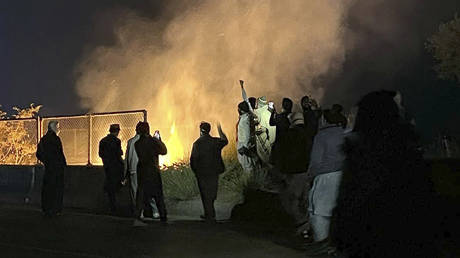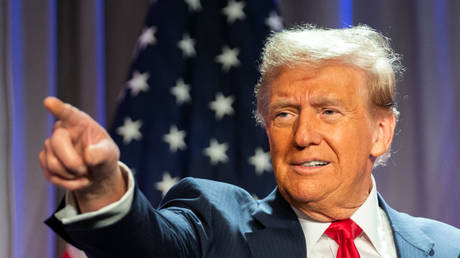
South Africa’s national football team, affectionately known as the “Bafana Bafana,” has sparked euphoria across the country by sealing qualification for the 2026 FIFA World Cup, to be held in the United States, Mexico, and Canada. Their World Cup ticket—the fourth in their history—was secured thanks to a combination of results that allowed them to clinch first place in their group in African Qualifying.
A thrilling conclusion
After a dramatic final matchday, Hugo Broos’s men did their part by thrashing Rwanda 3–0 at home. However, the joy was complete with the news of Nigeria’s 4–0 win over Benin. This result was crucial, as Benin had led the group before the last round. Nigeria’s victory not only propelled the Bafana Bafana to first place with 18 points, but also left Benin without any chance of qualifying, with Nigeria taking second place and the possibility of playing in the African playoff.
🇿🇦 South Africa have qualified for #FIFAWorldCup 26!#WeAre26pic.twitter.com/j6k9fbvKk9
— FIFA World Cup (@FIFAWorldCup) October 14, 2025
In this way, South Africa returns to the pinnacle of world football after a 16-year absence, their last appearance being in the 2010 edition, where they were the hosts. They had previously participated in France 1998 and Korea–Japan 2002.
Why are they called “Bafana Bafana”?
Beyond their achievements on the field, the South African team is globally recognized by its distinctive nickname: the “Bafana Bafana.”
This moniker, translated from Zulu as “Boys, Boys” or “The Boys,” carries deep cultural significance and traces its origin back to the period after the end of apartheid and South Africa’s return to international competition in the 1990s.
As the story goes, the nickname was coined by a local journalist in 1992 upon seeing the enthusiasm and youth of the team returning to the world stage. The phrase quickly caught on with the public and the media.
In a country with eleven official languages and a history of racial division, adopting a Zulu–Xhosa expression as a national symbol reflected a profound desire for unity in diversity. The national team became a meeting point where all South Africans, regardless of origin, could feel represented and celebrate together. The Bafana Bafana’s rallying cry and source of pride is, therefore, a symbol of the new South Africa.
Now, with their ticket secured, the South African “Boys” are preparing to bring their joy, color, and football to North America, with the clear goal of reaching the World Cup knockout stage for the first time.
This article was translated into English by Artificial Intelligence. You can read the original version in 🇪🇸 here.





